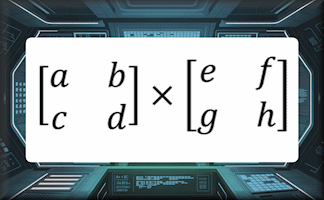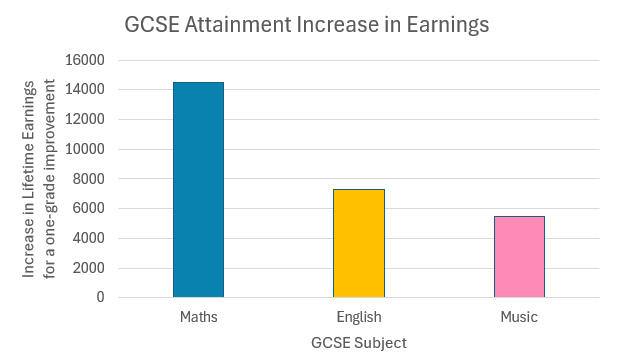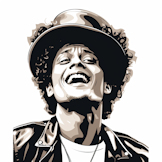
"Matrices are not always just “boxes of numbers”. Each matrix can represent an action or relationship, and multiplying matrices lets you chain those actions. That is why the order matters. Think of stacking transformations: rotate, then stretch, then shift, and you get a different result than doing them in a different order.
You see this everywhere. In computer graphics and games you use matrices to move a camera, rotate a model, and project a 3D scene onto a 2D screen. In robotics and AR you combine rotations and translations to control position. In navigation you change between coordinate systems to work out where you are.
Data and AI also rely on matrices. Recommender systems, simple neural networks, and compressed image storage all involve multiplying matrices to combine lots of numbers efficiently. In probability, transition matrices model systems that move from one state to another, such as weather or queues.
Mathematically, matrices are a compact way to solve many simultaneous equations at once. If you can work confidently with A times B, you are preparing for topics like linear transformations, eigenvalues, and change of basis that appear in A level Maths and Further Maths, and in university courses such as engineering, computer science, economics, and physics.
Learning to multiply matrices builds useful habits: checking dimensions, planning the order of operations, and spotting errors early. You practise methodical working, attention to detail, and a clear row by column strategy. These are the same habits that make you faster and more accurate in exams.
This exercise lets you build confidence step by step with instant feedback. A few tips: always write down the sizes first and check the inner numbers match, pick a row from the left matrix and a column from the right, then take the dot product. Keep your working neat, estimate when you can to sense-check answers, and celebrate small speed gains.
If you stick with it, you will be able to break down complex problems into simple moves and recombine them quickly. That is a powerful skill, and it will save you time in your course work, your exams, and whatever technical subject you choose next.












